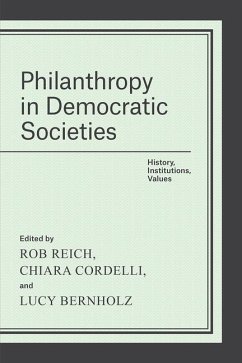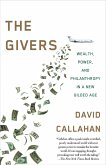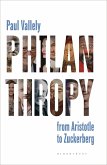Philanthropy is everywhere. In the US alone, philanthropic activity supports more than one million nonprofit organizations, accounting for approximately ten percent of the labor force. In 2013, total giving in the United States was estimated to be $330 billion, an amount larger than the size of the gross domestic product of many countries. But philanthropy is not just a beneficent activity or a funding mechanism. It can also be a form of power. In this volume featuring a range of scholars in political science, law, history, and sociology, the authors explore what kind of power private or political philanthropy is; how this power interacts with the economic power of market actors and the political power of states; whether the exercise of philanthropic power is justifiable and compatible with the fundamental values of a liberal democratic state; what kind of discretion powerful philanthropic actors should possess, what kind of philanthropic activity should be encouraged, merely permitted, strictly limited, or banned; and how the distribution of philanthropic power is affected and, in turn, affects the distribution of economic resources and political influence across society. And when is philanthropy good or bad for democracy? Philanthropy plays a significant and growing role in democratic societies in the provision of social services, cultural activity, basic research, policy advocacy, political engagement, religion, and, of course, in associational life. Here top-notch scholars probe the relationship between philanthropy and democracy from both an empirical or descriptive approach what role has philanthropy actually played in particular democratic societies and from a normative one what role "should" philanthropy play."
Hinweis: Dieser Artikel kann nur an eine deutsche Lieferadresse ausgeliefert werden.
Hinweis: Dieser Artikel kann nur an eine deutsche Lieferadresse ausgeliefert werden.








